The Valley of Flowers Class 4 Notes EVS Chapter 11
| Table of contents |

|
| The Valley of Flowers |

|
| Folk Art: Madhubani Painting |

|
| The World of Flowers |

|
| Blooming Buds |

|
| So many Uses! |

|
| Importance of Saving Flowers |

|
| Word Meanings |

|
The Valley of Flowers
The Valley of Flowers is a beautiful place in Uttarakhand, India. It is famous for its amazing and colorful flowers. You can see red, yellow, blue, and many other colored flowers everywhere! This special valley looks like a big, colorful garden, but only for a few weeks each year. It’s like a magical dream that comes true for a short time, making it a very special place to visit.
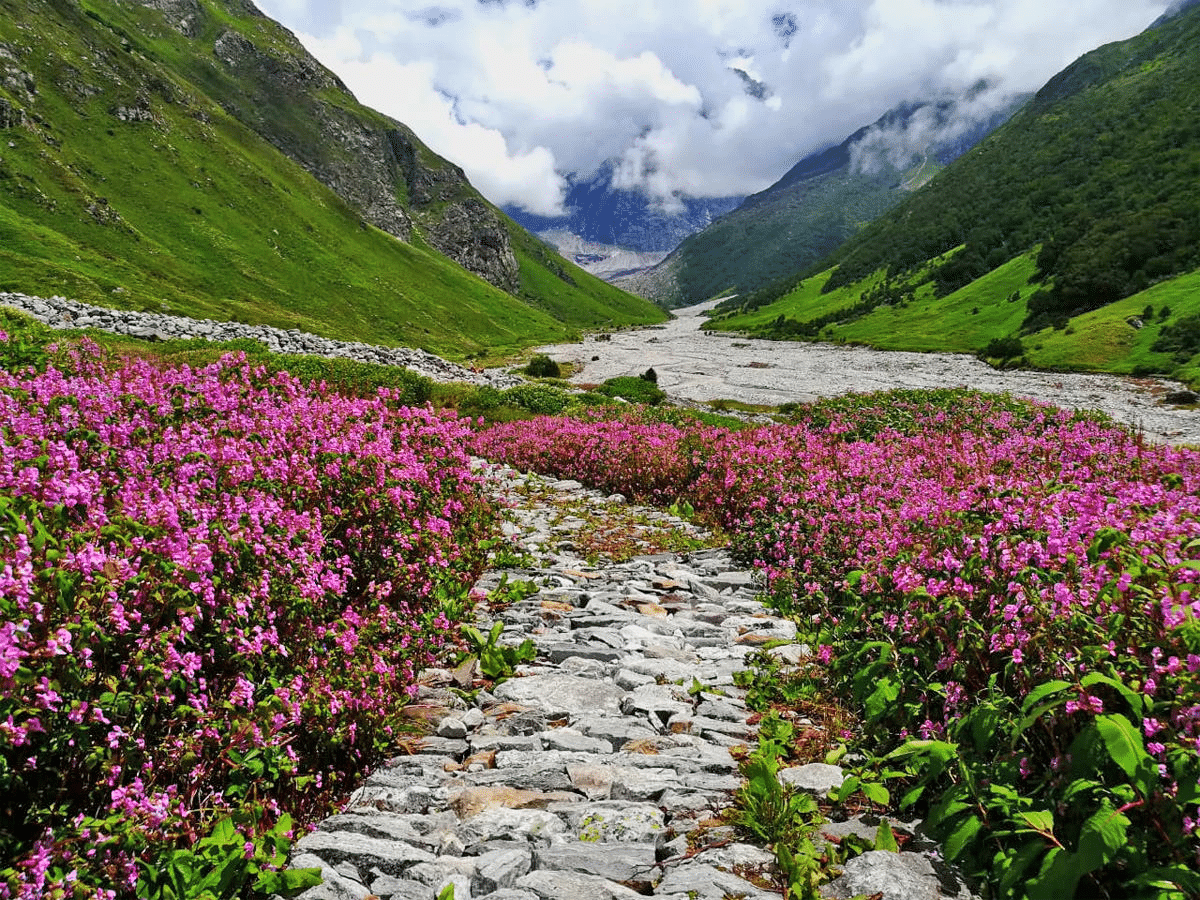 The Valley of Flowers
The Valley of Flowers
- In different parts of the valley, you can see red flowers blooming on bushes, white flowers peeping out from between stones, wide areas carpeted with the brightest yellow flowers, and blue flowers shining like tiny stars between the grass.
- The flowers bloom only for a limited time each year, making this a rare and special sight.
Folk Art: Madhubani Painting
Madhubani painting is a traditional form of folk art from the Madhubani district in Bihar. It is an age-old practice where during festivals and happy occasions, the walls of houses and their courtyards are decorated with intricate paintings.
Materials Used:
- The paintings are made using a paste of powdered rice mixed with colors derived from natural sources such as indigo (neel), turmeric (haldi), and colors from various flowers and trees.
Designs:
- The paintings often depict human beings, animals, trees, flowers, birds, and other elements of nature.
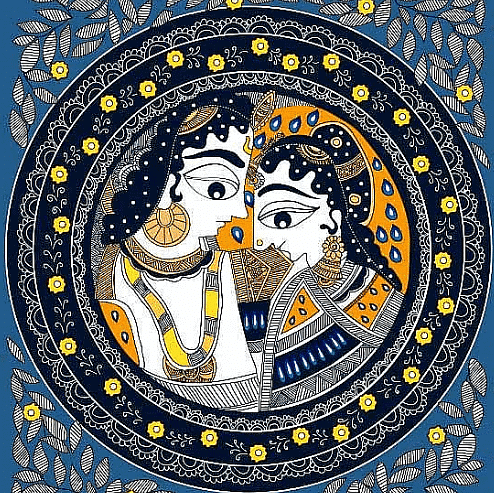
The World of Flowers
The world of flowers is full of beauty and diversity. Flowers come in many shapes, sizes, and colors. They can be found in different places and play an important role in our lives.
Different Types of Flowers
- Flowers on Trees: Some flowers grow high up on trees.
- Flowers on Bushes: These flowers grow on small shrubs or bushes.
- Flowers on Creepers: Creepers are plants that crawl along the ground or climb up other structures.
- Flowers on Water Plants: Some flowers grow on plants that live in water.
- Flowers that Bloom at Night: Certain flowers open only at night.
- Flowers that Bloom in the Day and Close at Night: These flowers open during the day and close when it gets dark.
Steps for Examination:
- Observe the colour of the flower.
- Describe the scent of the flower.
- Compare the flower's shape to common objects (e.g., bell, bowl, brush).
- Note if the flowers grow in bunches.
- Count the number of petals and check if they are joined together or separate.
- Look for any green leafy structures outside the petals and count them.
- Inside the petals, observe the thin structures (stamens) and note their color.
- Touch the stamens to see if there is any powdery substance (pollen) on your hands.
Blooming Buds
Buds are the early stage of flowers. They look like small, tightly closed parts of the plant that will eventually open up to become flowers. Observing a bud grow and transform into a flower is an interesting and educational process.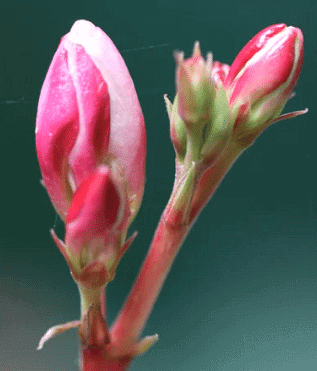
Differences Between Buds and Flowers
- Bud:
- Buds are small and usually green.
- They are covered by tiny leaf-like parts called sepals.
- Buds are tightly closed and not yet open.
- Flower:
- Flowers are colorful and open.
- They have petals that spread out and can be different shapes and sizes.
- Flowers are often bright and attract insects and birds.
So many Uses!
Flowers have a multitude of uses in our daily lives, ranging from culinary to medicinal and even in the creation of dyes and scents.
Culinary Uses:
- Flowers such as kachnar, banana, and sahjan are used in cooking various dishes like dry vegetables, gravy dishes, and pakoras.
- Example: Firoza and Nilima from Uttar Pradesh enjoy a vegetable made from kachnar flowers. Yamini from Kerala prefers a dish made from banana flowers, while Mamta and Omar from Maharashtra love pakoras made from sahjan flowers.
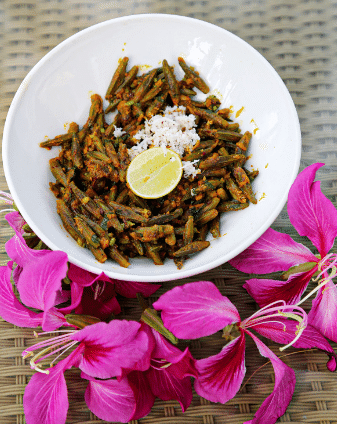 Kachnar Flower
Kachnar Flower
Medicinal Uses:
- Flowers are used to make various medicines. For instance, rose water is used for its medicinal properties.
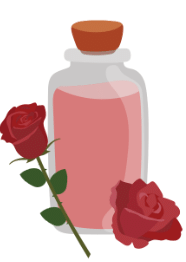
Dyes:
- Colors derived from flowers like marigolds and zenia are used to dye cloth. These natural dyes are significant in various cultural practices.
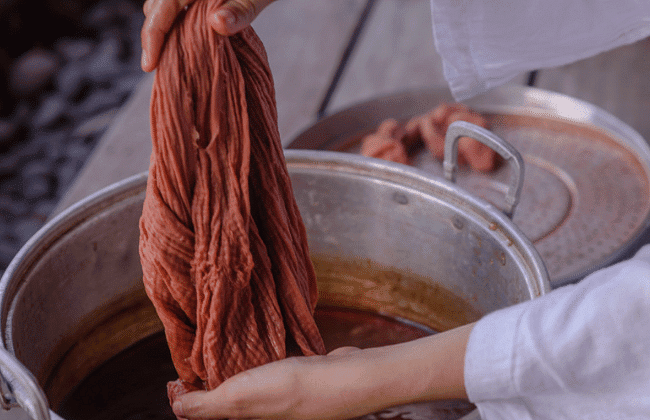
Scents:
- Flowers are essential in making perfumes and itrs (essential oils). The district of Kannauj in Uttar Pradesh is famous for producing these products using flowers.
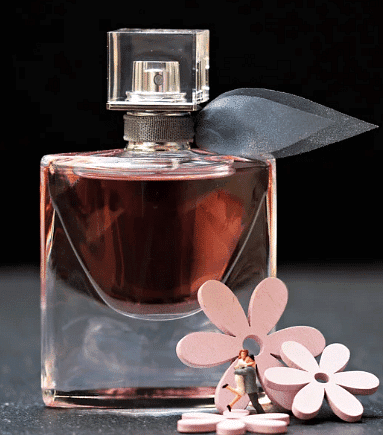
Itr: When you open a small bottle of itr, you can smell its fragrance. Did you know that even a small bottle of itr is made from many flowers? In Kannauj district, Uttar Pradesh, itr is famous. They bring truckloads of flowers from nearby places to make itr, rose water, and kewra water. Many people in Kannauj work in this industry.
Cultural Significance of Flowers
Flowers play an essential role in cultural and religious practices. They are used in festivals, rituals, and ceremonies, often symbolizing various aspects of life and nature.
Environmental Awareness
It is crucial to respect and preserve nature, which includes not plucking flowers unnecessarily. This section emphasizes the importance of sustainable practices and ethical behavior towards nature.
Importance of Saving Flowers
Flowers are not just beautiful to look at; they play a crucial role in our environment and our lives. Here are some reasons why it is important to save flowers and how we can do it:
Why It's Important to Save Flowers
- Pollination: Flowers help in the pollination process, which is necessary for plants to produce fruits and seeds. This helps in growing more plants.
- Biodiversity: Different types of flowers contribute to the biodiversity of an area, supporting various insects, birds, and animals that depend on them for food and shelter.
- Environmental Balance: Flowers help maintain environmental balance by supporting ecosystems. They provide nectar for bees and other pollinators, which are essential for the reproduction of many plants.
- Beauty and Joy: Flowers add beauty to our surroundings and bring joy to people. They are used in celebrations, ceremonies, and as gifts to express emotions.
- Medicinal Uses: Many flowers have medicinal properties and are used in traditional medicines to treat various ailments.
- Cultural Significance: Flowers hold cultural and religious significance in many communities. They are used in rituals, festivals, and as symbols in different traditions.
How to Save Flowers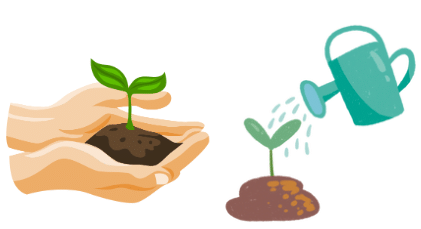
Do Not Pluck Flowers:
- Only collect flowers that have already fallen to the ground. Plucking flowers reduces the number of flowers that can bloom and reproduce.
Respect Signboards:
- If you see a sign that says "Do Not Pluck Flowers," follow it. These signs are there to protect the flowers and allow everyone to enjoy them.
Grow Your Own Flowers:
- Plant flowers in your garden or in pots. This helps increase the number of flowers and supports local biodiversity.
Support Conservation Efforts:
- Participate in or support programs and organizations that work to protect natural habitats and conserve plant species.
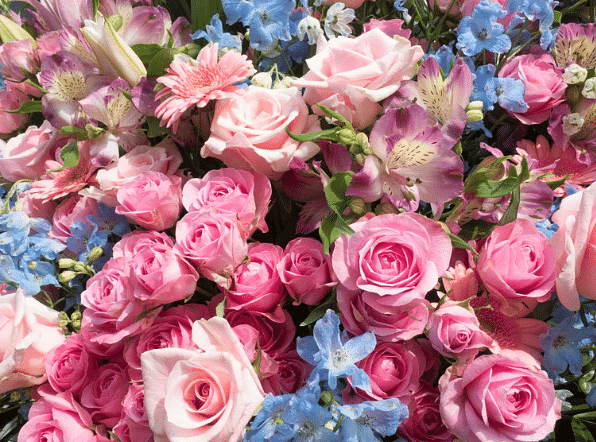
- Participate in or support programs and organizations that work to protect natural habitats and conserve plant species.
Be Mindful in Nature:
- When visiting parks, gardens, or natural areas, be careful not to step on or damage flowers. Stay on marked paths and avoid picking flowers.
Appreciate from a Distance:
- Enjoy the beauty of flowers by looking at them, taking photographs, or drawing pictures of them. This allows you to appreciate flowers without harming them.
By understanding the importance of flowers and taking simple steps to protect them, we can ensure that flowers continue to bloom and bring beauty and balance to our world.
Word Meanings
- Everywhere: To all places
- Blooming: Unfolding
- Bushes: A shrub with a stem of moderate length
- Natural: Present in nature
- Vase: Container to decorate flowers
- Fragrance: Smell
- Dye: Substance used to add colours
|
49 videos|217 docs|54 tests
|
FAQs on The Valley of Flowers Class 4 Notes EVS Chapter 11
| 1. How can Madhubani painting be related to the Valley of Flowers? |  |
| 2. What is the significance of blooming buds in the context of the article? |  |
| 3. Why is it important to save flowers according to the article? |  |
| 4. How does the Valley of Flowers contribute to the world of flowers mentioned in the article? |  |
| 5. What are some of the many uses of flowers highlighted in the article? |  |




















